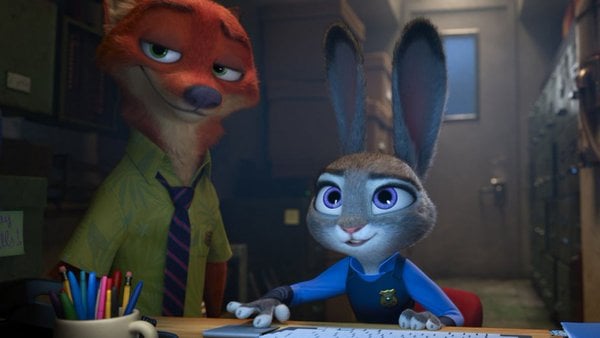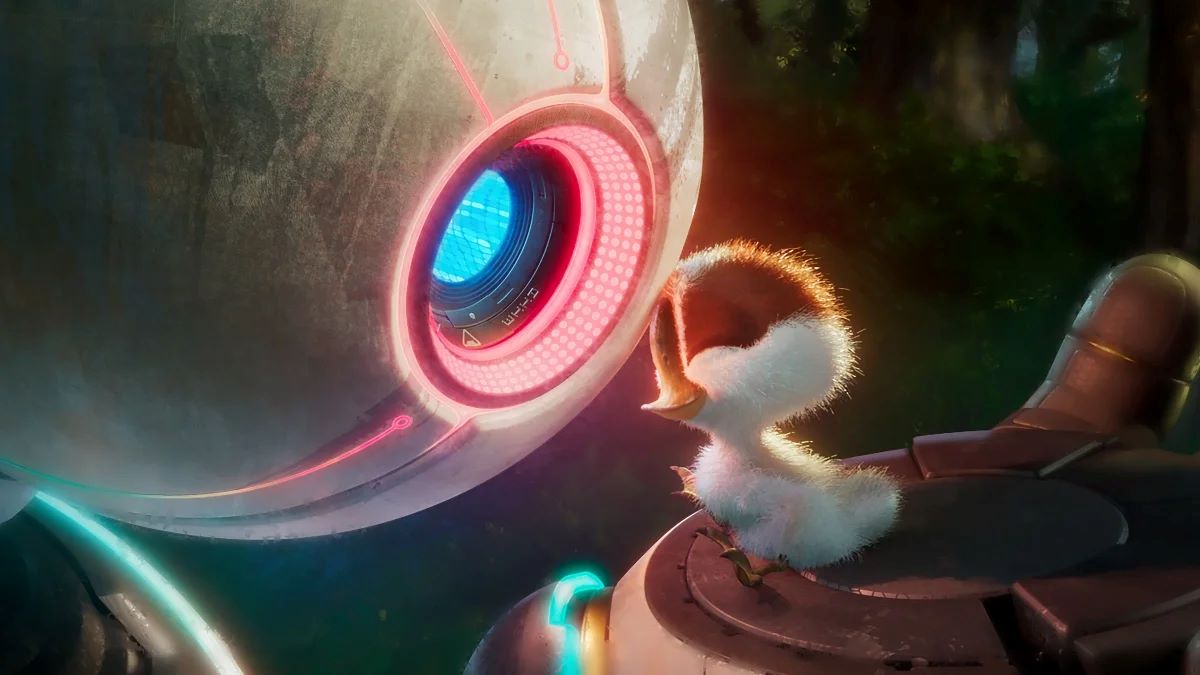Zootopia is an accessible and incredibly timely movie, a fact that seems to resonate with both its fans and its critics. Bloomberg reports that Zootopia overtook Kung Fu Panda 3 as the highest-grossing cartoon in China since its release on March 4th. The film, which touches on stereotypes, prejudice, and intersectionality centers around rabbit cop Judy Hopps and con-fox Nick Wilde uncovering a conspiracy within the metropolitan Zootopia that’s aggravating the relationship between predators and prey.
However, while a lot of viewers loved the social commentary that accompanied the movie, LA Times shared Wang Chuanbao’s thoughts and China’s history of restraining “western influence.” The professor and writer for The People’s Liberation Army Daily denounced the film as American propaganda in a commentary headlined “How can a sheep be turned into a ‘crazy’ scapegoat?”:
Hollywood has long been an effective propaganda machine — it has a deep understanding of the U.S.’s [political] strategies. Many Hollywood blockbusters will carefully select a topic or theme, and spare no efforts to promote America’s values and its global strategy.
If one thinks carefully about it, if a rabbit can strike back, are there any ‘American Dreams’ ordinary people cannot realize? In cruel reality, it is always wolves that eat lambs, not lambs that eat wolves…. Hollywood easily reversed a thing so simple that even kids know it, and thus attracted a huge audience.
…Comparing to [other] cartoons and video games, ‘Zootopia’ is more subtle. It has no obvious hostile propaganda, no deliberate distortions, which makes it easier to lose one’s vigilance.
China is the world’s second-largest market and has a foreign film import quota every year. (Stephen Colbert makes fun of this relationship and the pandering it leads to here.) It’s been said that the choice to cast Tilda Swinton in Dr. Strange was to avoid The Ancient One’s Tibetan origin and appease China. Essentially, the messages of protest, “American values,” or fighting against assigned roles and government powers can be there—but not too present. LA Times refers to the Disney film as a “Trojan horse.”
This reception makes me think about how Captain America: Winter Solider was also very popular in China. If you don’t remember, the film follows Steve Rogers, Black Widow, and Falcon similarly discovering and confronting a conspiracy within S.H.I.E.L.D. The popularity of an American hero in China was attributed to a number of reasons like the stars touring Beijing, the film being action-packed, and Chris Evans’ chiseled face. However, also resonant with some viewers was the film’s definition of patriotism. One Douban reviewer wrote, “[The new villain] is the very country he loves and protects. To love one’s country isn’t the same as loving one’s government: This is the main draw of Captain America.”
While I don’t think these two movies appear in conversation with one another too often, the similarities are there. Both feature a protagonist struggling with integration into a new environment; Steve to the modern world and Judy to a new city. It turns out things aren’t as they look, and they have to reevaluate who they trust. While these might just be indicative of narrative archetypes, there is something to be said about how these protagonists dissect the relationship between dedication to one’s country/Zootopia and one’s government.
Media doesn’t always translate well across cultures, but it’s interesting to examine why certain films do. The Big Bang Theory, for example, has accumulated to over 1.3 billion views since it first aired in China, and many youth stated that they saw themselves in the characters. With men largely outnumbering women, a challenging job market, and low social mobility, the show even sprung large amounts of domestic imitations (none of which did nearly as well).
The above critique is a bit frustrating to read, but Wang’s comment that “it is always wolves that eat lambs, not lambs that eat wolves” is exactly the kind of prejudice that Judy Hopps fights against (unless, you know, symbolism, metaphors, or allegories are completely lost on you, in which case yes: a lamb’s diet consists mostly of plants.) Zootopia is a fantastic challenge to the notion that we have to surrender to “cruel reality” and that truly caring for something, whether it be a city, a country, or another person, doesn’t always mean following the rules.
(via Cartoon Brew, image via Disney)
—The Mary Sue has a strict comment policy that forbids, but is not limited to, personal insults toward anyone, hate speech, and trolling.—
Follow The Mary Sue on Twitter, Facebook, Tumblr, Pinterest, & Google+.









Published: Apr 18, 2016 02:52 pm